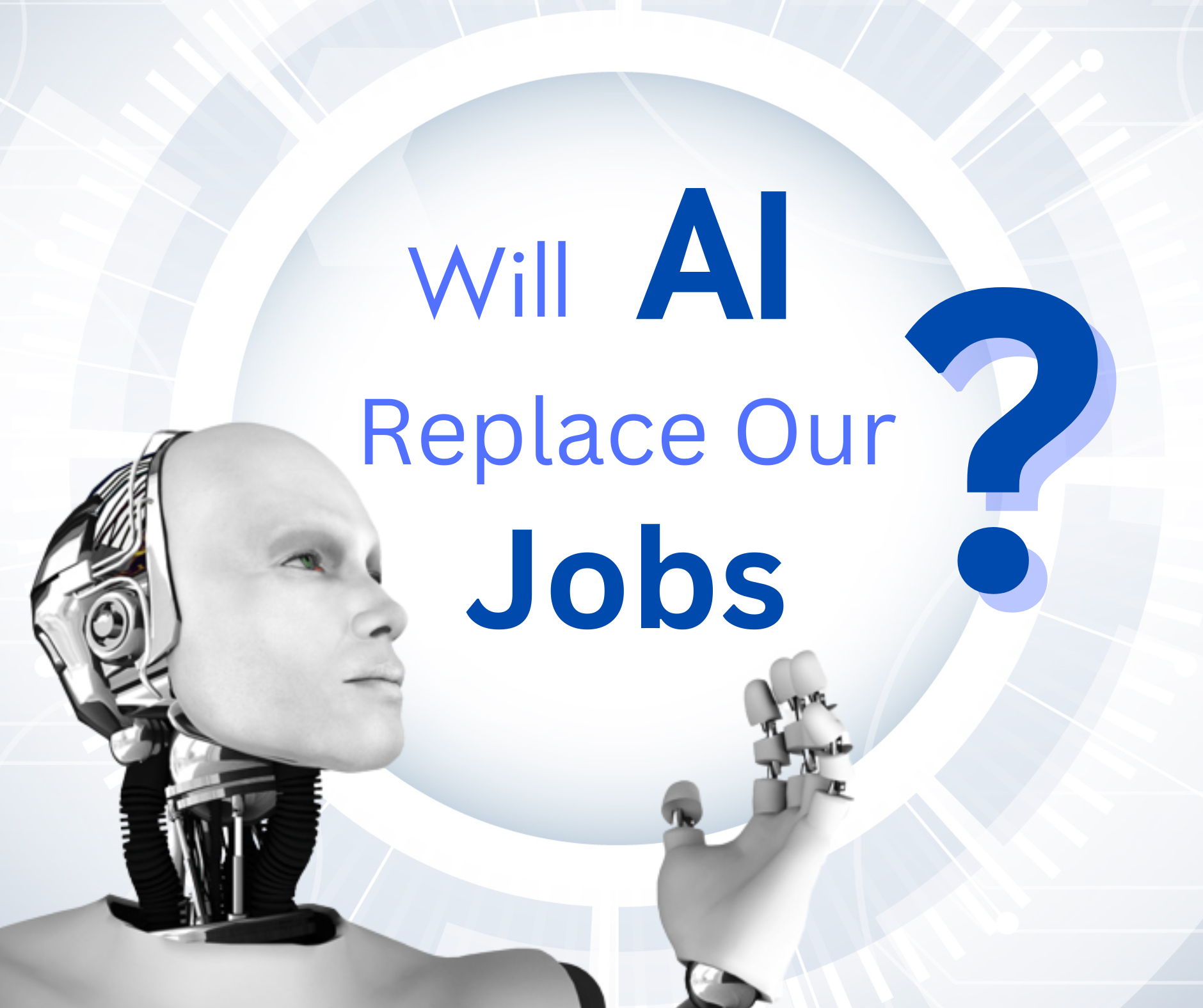Introduction:
In the ever-evolving landscape of technology and automation, the rise of Artificial Intelligence (AI) has sparked a profound debate on the future of human employment. From factories to offices, AI’s rapid advancements have left no industry untouched, leading to a critical question: Will AI replace human jobs? This thought-provoking inquiry stands at the heart of a complex and multifaceted discussion that delves into the potential implications, benefits, and challenges of integrating AI into the workforce. As we venture into a world brimming with the possibilities of intelligent machines, it becomes essential to explore the dynamics between AI and human labor, aiming to discern how both can harmoniously coexist in the pursuit of a progressive and prosperous future.
1. Understanding AI and Automation:
Artificial intelligence refers to the development of computer systems that can perform tasks typically requiring human intelligence. Automation, on the other hand, involves using technology to carry out repetitive tasks without human intervention. Automation has already brought significant changes to the workforce, particularly in the manufacturing, logistics, and customer service industries.
2. AI as a Complement, Not a Replacement:
Despite concerns about AI replacing jobs, experts argue that it is more likely to augment human capabilities rather than eliminate them. It can perform routine and repetitive tasks efficiently, allowing humans to focus on higher-level decision-making, problem-solving, and creativity. By automating mundane tasks, AI enables employees to concentrate on areas that require critical thinking and emotional intelligence, leading to increased productivity and job satisfaction.
3. Emerging Opportunities and Job Creation:
While it may replace some jobs, it also creates new opportunities. As technology advances, new roles such as AI trainers, data scientists, and ethicists are emerging. Implementing and maintaining systems require human expertise, leading to job creation in specialized areas. Additionally, AI-driven innovations often result in the development of entirely new industries and sectors, generating employment opportunities that were previously unimagined.
4. Skills for the AI Era:
To adapt to the changing landscape, individuals need to acquire skills that complement technology. Emphasizing uniquely human abilities like creativity, critical thinking, complex problem-solving, and emotional intelligence will be crucial. Upskilling and reskilling programs can help employees acquire the necessary expertise to effectively work alongside Artificial Intelligence systems. Collaboration between humans and Artificial Intelligence will become increasingly important, necessitating a combination of technical and soft skills for success in this era.
5. Ethical Considerations and Regulation:
As technology evolves, ethical considerations become imperative. Concerns about privacy, bias, job displacement, and the impact on marginalized communities must be addressed. Governments and organizations worldwide are working to develop regulations and frameworks to ensure responsible and fair AI implementation. Striking the right balance between AI’s potential benefits and ethical considerations is essential to harness its power without compromising human well-being.
Will Ai Replace Human Jobs? Here is the answer:
In conclusion, the question of whether AI will replace human jobs is not a straightforward one. While the advancements in artificial inelligence have undoubtedly led to automation in various sectors, it is crucial to view this development through a nuanced lens. Integrating AI into the workforce can create new opportunities, increase efficiency, and lead to unprecedented growth in innovation and productivity. However, it also poses significant challenges, such as potential job displacement and the need for upskilling and reskilling the workforce to adapt to the changing landscape. History has shown that technological advancements have often reshaped industries and job markets, but they have also given rise to new possibilities that were previously unimaginable. As we move forward, it is essential for societies, businesses, and policymakers to collaborate and envision a future where AI and human labor can complement each other. By fostering an environment that promotes continuous learning, embracing creativity, and fostering a culture of adaptability, we can harness the transformative power of AI to create a world that benefits both human workers and intelligent machines. Encouraging a balanced approach, where AI is used to augment human capabilities rather than replace them, can pave the way for a more inclusive and equitable society. Ultimately, the responsibility lies with us to steer the course of AI’s integration into the workforce toward a future where automation and human ingenuity work hand in hand. By understanding the potential impact and making informed decisions, we can shape a world where AI and human jobs coexist harmoniously, unlocking unprecedented levels of progress, prosperity, and collective well-being.




